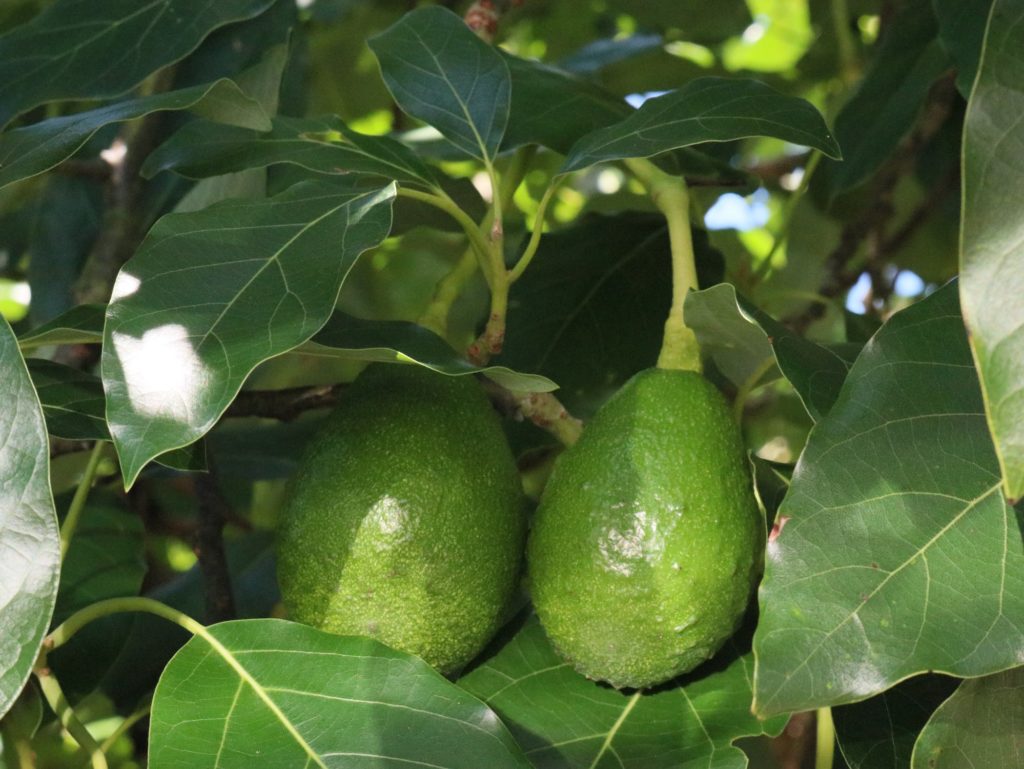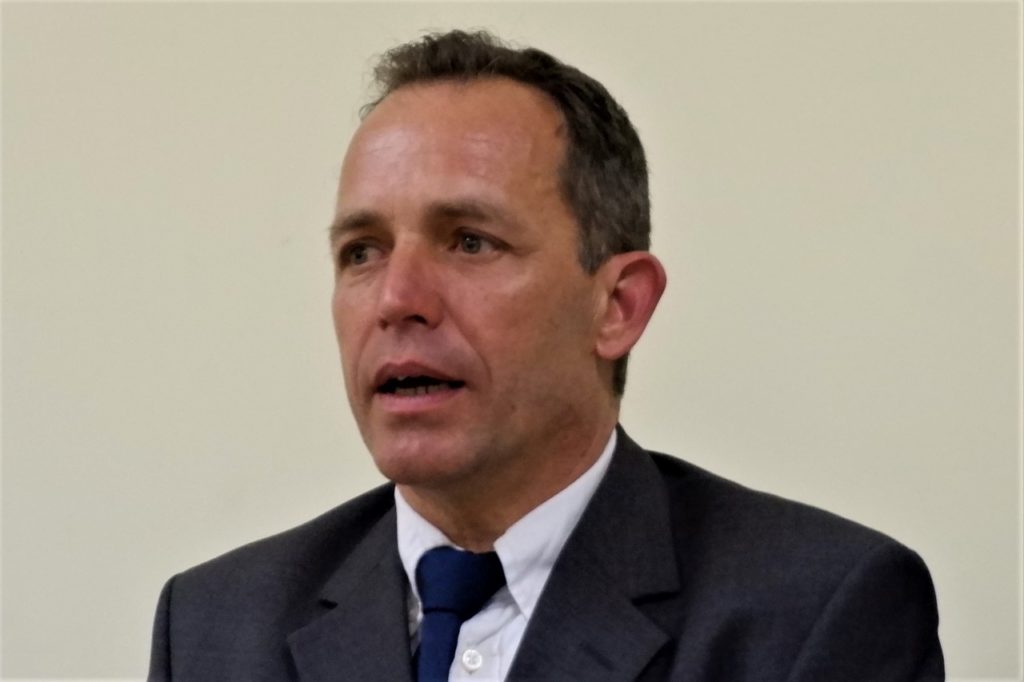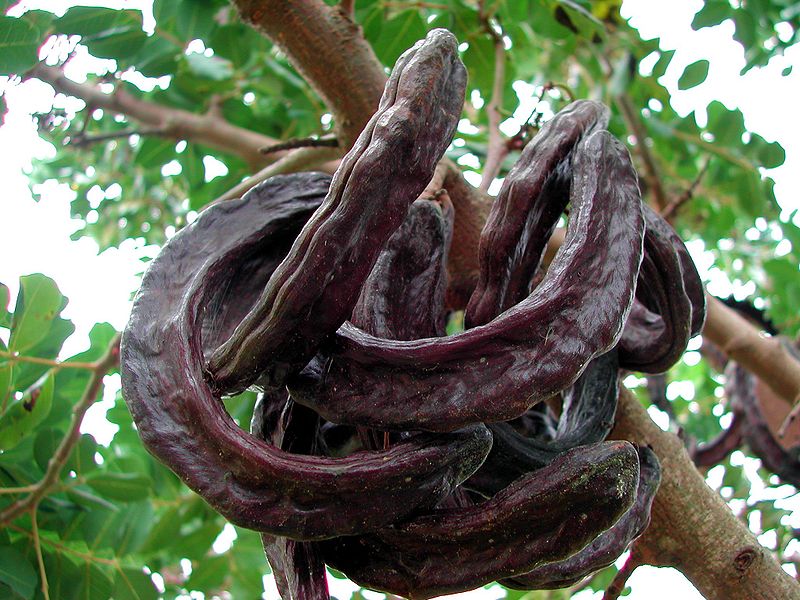More inspection, including by the tax authority, new "rules of conduct" and tighter control of street vendors are some of the measures that can be implemented to deal with theft in avocado, carob and citrus groves in the Algarve, which have increasing and becoming 'more elaborate'.
This was one of the decisions that came out of yet another meeting of entities involved in the Action Plan – Theft of Citrus Fruit, Avocados and Carobs in the Algarve, which took place last week at the headquarters of the Regional Directorate for Agriculture and Fisheries (DRAP) of the Algarve , in Patacão, municipality of Faro.
In addition to DRAP Algarve, representatives of the security forces, AMAL – Algarve Intermunicipal Community and associations representing agricultural producers, as well as the Tax and Customs Authority, participated in the meeting, a novelty.
At issue is an increase in thefts, mainly of avocado and carob, and the damage associated with them, which can reach, in total, "hundreds of thousands of euros".
And if, in the case of avocado trees, we are almost always talking about producers with a remarkable size and structure, in the case of carob trees they are still very much associated with subsistence agriculture, in which their income plays a decisive role in budgets relatives.
It is true that «theft has always been there», especially when the price of certain fruits is higher, but the problem is that they have become more daring and sophisticated.
«We are not talking about light crime, the supermarket bag. There is already another type of more elaborate and organized crime, with other types of means and whose economic impact on producers is already very significant”, he revealed to Sul Informação Pedro Valadas Monteiro, the Algarve Regional Director for Agriculture and Fisheries.
"We are talking about groups that enter an orchard and harvest hectares," he reinforced.

This crime is currently directed mainly at carob and avocado orchards.
The group started “to fight orange thefts, but, curiously, the load on the orchards of this fruit has been decreasing from year to year”.
“Proportionally, thefts have increased in avocado, because of the price. Avocado is a fruit with good market value», revealed Pedro Valadas Monteiro.
As far as carob is concerned, “traditionally, in years when the price is higher, thefts increase”.
And, this year, «carob is at a very interesting price. The harvest season has now started and, right at the beginning, we began to notice a very significant intensity of thefts, as, by the way, you have graded».
In the carob sector, “there is an aggravating factor: while in orange and avocado a significant effort has been made by producers to seal properties, especially in those under the management of producer associations, in carob we are talking about small properties ».
Furthermore, "the majority of carob growers are of an advanced age, which entails difficulties".
It turns out to be these people who suffer most from this type of crime.
“There is an economic loss. And there we can be talking about significant values. In the case of carob, if thefts continue with this intensity, we could be talking about losses of around hundreds of thousands of euros», assured the regional director for Agriculture and Fisheries.
“Furthermore, we are talking about small properties, where carob is often the only income that producers have. If this source of income is taken away, it becomes complicated», he reinforced.
In avocado, «despite the safety of the fence, if someone enters the orchard and takes a few hundred kilos, we are talking about holes worth more than 2 euros each time they go there».
In addition to the loss for producers, 'the public purse' is also harmed, 'because the tax authorities no longer collect this tax revenue'.
Finally, “there is another very important harm, which is unfair competition. Because producers deliver at the normal price and there are recipients buying stolen products at prices much lower than those charged on the market».
“The feeling is that, perhaps, this year – even due to the crisis caused by Covid-19 – this type of phenomenon will grow even more”, added the head of DRAP Algarve.

Following last week's meeting, the members of the group decided to "try to act in two dimensions".
“The first is the strengthening of supervision. At this last meeting, we also invited the tax authority. As a rule, this group already has security forces, namely the GNR and the ASAE, who are responsible for policing and inspection. But we noticed that one of the ways to track these thefts was through the tax route, addressed to recipients», explained Pedro Valadas Monteiro.
The logic is that, "if no one buys, they don't compensate for these thefts either, the interest in stealing decreases".
This is because the thieves “are not taking it to consume, they are doing it to sell to someone, an operator in the value chain”.
“Therefore, we have to act in the inspection of the different levels of the value chain. See, compare if what is billed was what was delivered», he said.
Another way to facilitate inspection and help the authorities is to limit the period in which the fruit in question can be sold, what the regional director calls “a set of rules of conduct”.
“For example, we can stipulate that carob can only be traded from day X to day Y of certain months. If unauthorized discharges of this fruit are detected outside this period, we already have an infringement of the law», he said.
It will also be possible to “set up timetables for receiving the goods. Thus, it is easier to detect, specifically with regard to carob».
DRAP has also been in contact with AMAL “because of the issue of itinerant sales, namely along the EN125”.
“What we noticed is that there are many points of sale and some observations have been made regarding the origin itself. And the part that worries us the most is the implications it may have for public health», said Pedro Valadas Monteiro.
At issue is the fact that agricultural products are often subject to the application of agrochemicals, such as pesticides and herbicides, and need to "follow a withdrawal period" before being sold.
Now, “often, security checks are not carried out at these street sales points”.
"We want, with the municipalities, to increase inspection in these two perspectives: on the one hand, controlling the origin of the product, knowing if it is lawful, and, on the other hand, verifying compliance with food safety standards, namely compliance with safety intervals and which active substances were applied in the treatment of orchards», he concluded.
Help us to do the Sul Informação!
Contribute your donation so that we can continue to make your journal!
Click here to support us (Paypal)
Or use our IBAN PT50 0018 0003 38929600020 44



















Comments